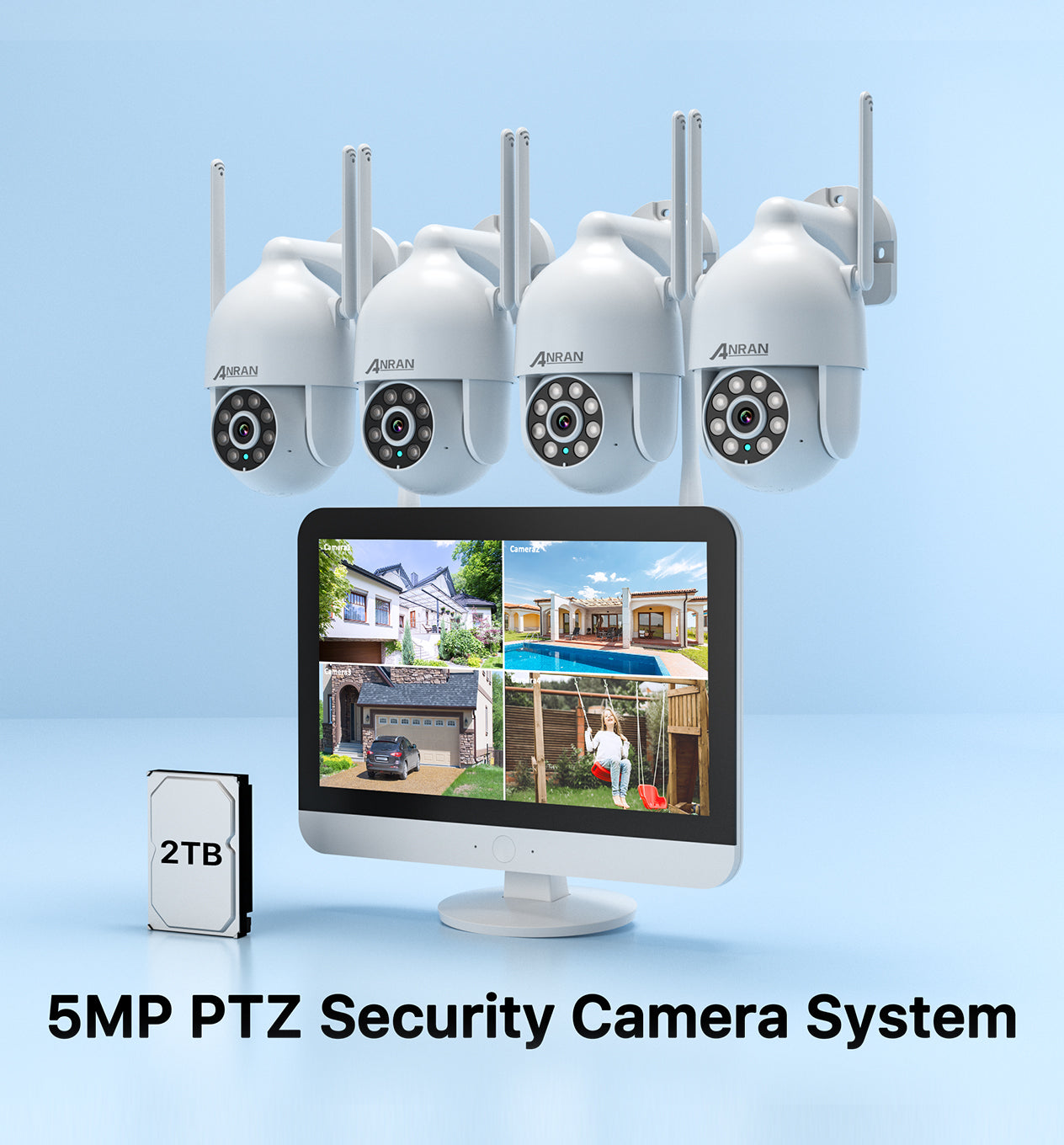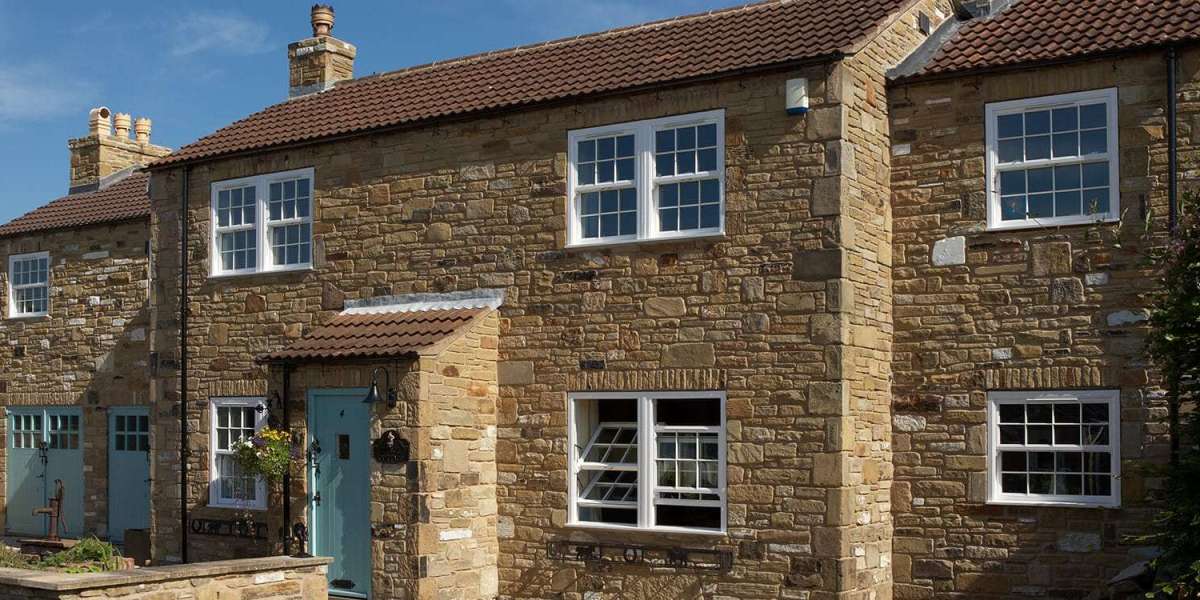Uncover the Secrets: Which CCTV Camera Will Secure Your Home Best?
In an era where home security is paramount, CCTV cameras have emerged as a vital tool for enhancing safety. The presence of a CCTV camera can act as a deterrent to potential intruders and provide homeowners with peace of mind. As technology advances, the variety of CCTV camera options available to consumers has skyrocketed, making it both exciting and overwhelming to choose the right one. With numerous models boasting different features, prices, and specifications, it's crucial to carefully assess your specific needs before making a purchase. Are you looking for a camera that monitors your property day and night? Or perhaps one that alerts you to motion in real-time? This article will guide you through the process of selecting the perfect CCTV camera tailored to your home security requirements.

Understanding CCTV Cameras
CCTV, or Closed-Circuit Television, refers to a system of cameras that transmit video signals to a specific set of monitors. Unlike broadcast television, CCTV cameras are designed for surveillance and security purposes. They can be broadly categorized into various types, including wired, wireless, IP, and analog cameras. Wired cameras are typically more reliable in terms of connectivity, while wireless cameras offer greater flexibility in placement. IP cameras, which connect to the internet, provide higher resolution images and remote access capabilities. On the other hand, analog cameras are the traditional choice that still serves many security needs. Each type has its unique applications in home security, ensuring that homeowners can find an option that fits their specific requirements.
Key Features to Consider When Choosing a CCTV Camera
When selecting a CCTV camera, several essential features should be at the forefront of your decision-making process. First and foremost, resolution plays a critical role in image clarity; higher resolutions allow for better identification of faces and details. Next, consider the field of view; a wider angle means fewer cameras may be needed to cover an area effectively. Night vision capabilities are another important feature, as many incidents occur after dark. Furthermore, look into storage options—whether cloud-based or local storage—since this affects how much footage you can retain. Lastly, motion detection technology can alert you to unusual activity, enhancing your security further. Each of these features contributes significantly to the overall effectiveness of your security system, making them essential considerations.
Comparing CCTV Camera Models
With countless CCTV camera models on the market, knowing how to compare them effectively can save you time and money. Start by evaluating image quality, as this is crucial for identifying potential threats. Durability is another key factor; cameras that are weatherproof and vandal-resistant are ideal for outdoor use. Ease of installation is also important; some models are plug-and-play, while others require professional installation. User interface matters too—opt for cameras that offer intuitive apps or dashboards for monitoring footage. Price ranges can vary widely based on features, but understanding what you need can help you find the right balance between cost and functionality, ensuring you invest in a model that meets your needs without breaking the bank.
Budgeting for Your CCTV Camera Purchase
Setting a budget for your CCTV camera purchase is critical to making an informed decision. Start by determining how many cameras you need and the areas you wish to monitor. It's vital to balance cost with features; while a lower-priced camera may seem attractive, it might lack essential capabilities that could compromise your security. Consider the long-term savings that come from investing in a quality security system—preventing theft or damage can save you significant amounts of money in the long run. Additionally, don't forget to factor in ongoing costs like storage subscriptions or additional accessories. A well-planned budget can help you secure the best value without sacrificing safety.
Making an Informed CCTV Camera Choice
In conclusion, selecting the right CCTV camera for your home security requires careful consideration of various factors, including camera type, features, model comparisons, and budgeting. By understanding your specific needs and the qualities that enhance security, you can make a well-informed decision. Whether you're prioritizing resolution, storage options, or installation ease, taking the time to evaluate your choices will ultimately lead to a safer home environment. Empower yourself with knowledge, and ensure that your home is protected with a CCTV camera that meets your security requirements.














